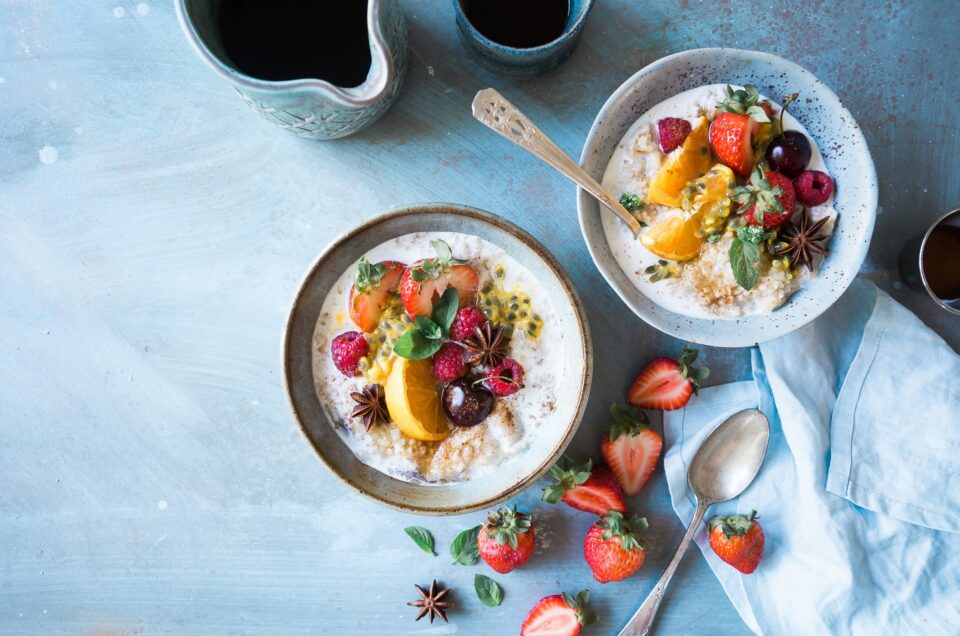HAPPY MEALS

The phrase “you are what you eat” is hardly new, but recent research suggests it’s more accurate than imagined. Food is fuel for the body and the mind, and a happy gut has a profound influence on mood.

The brain and body are connected in more ways than people realize and it’s proven that food doesn’t just nourish the body – it also has a profound effect on mood. Recent research into the connection between what you eat, its effect on the gut, and the influence it has on your brain and mood has unearthed an area of the gut dubbed the “second brain.” Arianna Aunon, health coach and founder of Nutritional Vibrance, says this second brain influences more than people know. “The gut is not only where you assimilate your food, but also where parasites and bad bacteria love to hang out, often going undetected for years, leading to chronic diseases: inflammation, anxiety and depression.”
Arianna advises paying close attention to diet for a healthy gut and mind. “Foods that will nourish the good bacteria in the system are prebiotic, like blueberries, artichoke and chicory. They contribute to a thriving gut that will lift your mood and boost your energy.”
“You can eat yourself to wellness, or you can eat yourself into illness – you have the choice.” – Arianna Aunon, Health Coach
FEEL-GOOD FACTOR
“Probiotics are being called the new Prozac, and with good reason. Probiotic bacteria have the potential to alter brain neurochemistry and treat anxiety and depression-related disorders.” says Shann Jones, author of The Good Skin Solution: Natural Healing for Eczema, Psoriasis, Rosacea and Acne. According to Shann, clients who start drinking kefir to improve their skin often notice an unexpected lift in their mood.
MOOD-BOOSTING FOODS
- Fish: Eating a three-ounce serving of fish two or three times a week can help fight depression.
- Nuts: Nuts are densely packed with fiber, protein, and healthy fats. One ounce a day of mixed nuts, which contain omega-3 fatty acids, is all you need.
- Fermented foods: Kimchi, tempeh and kombucha are good sources of probiotics. Yogurt is a well-known probiotic, but kefir is actually a more potent source.
- Fruit and vegetables: The more fruit you eat, the lower your risk of depression. And the variety of vitamins and minerals in vegetables, as well as their fiber content, may help protect you against low mood.
- Beans and peas: Legumes and other high-fiber foods (like oatmeal and bananas) support gut health by providing probiotics, which feed the healthy bacteria in your gut.
- Dark chocolate: A chocolate bar labeled “70 percent” is a good choice. Dark chocolate stimulates the production of endorphins, chemicals in the brain that create feelings of pleasure. It also contains serotonin, an antidepressant that can elevate mood and increase blood flow to the brain.

